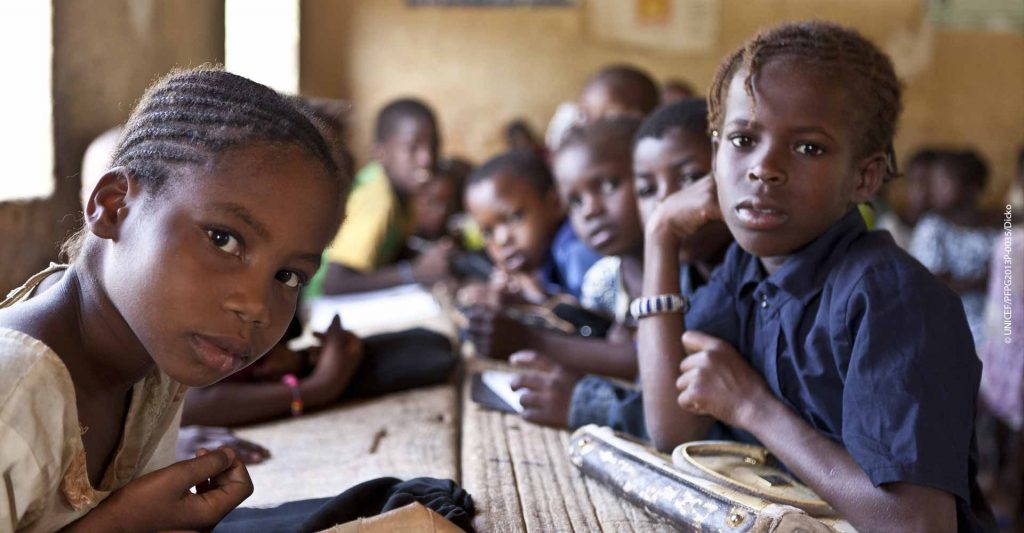
World Bank has approved $961 million for two programs which will support the Nigerian federal and state authorities in their effort to foster inclusion and revive growth, in alignment with the Economic Recovery and Growth Plan (ERGP) of the Federal Government of Nigeria for 2017-2020.
The Better Education Service Delivery for All (BESDA) Program-for-Results is aimed at bringing children who are out of school especially for financial reasons back into school. The $611 million credit which was approved by the World Bank is to be used to bring out-of-school children into the classroom, improve literacy, and strengthen accountability for results in basic education. In 2013, 13.2 million school-age children were out of school, the overwhelming majority of which is in the North where out-of-school children rates are also higher among girls, in rural areas, and from poor families.
The second program focuses on enhancing private sector investment in Kaduna. A sum of $350 million credit was given to the Kaduna State Economic Transformation Program to this effect. The goal is to be achieved through improved business environment, effective budget planning and execution and fiscal accountability.
“Investing in human capital and creating economic opportunities for all are key areas of focus to achieve more inclusive and private-sector led growth. These two operations support the Government’s economic and growth recovery plan and will help Nigeria achieve sustainable and measurable results,” said World Bank Country Director for Nigeria, Rachid Benmessaoud.
Both operations implement results-based financing, whereby disbursement of funds is linked to the achievement of tangible, verifiable results. As a first phase for addressing out-of-school children in Nigeria, BESDA aims to help enhance the effectiveness and efficiency of the federal Universal Basic Education (UBE) Program through incentivizing results at the state level and thereby reduce the number of out-of-school children by roughly one-third by 2022.


